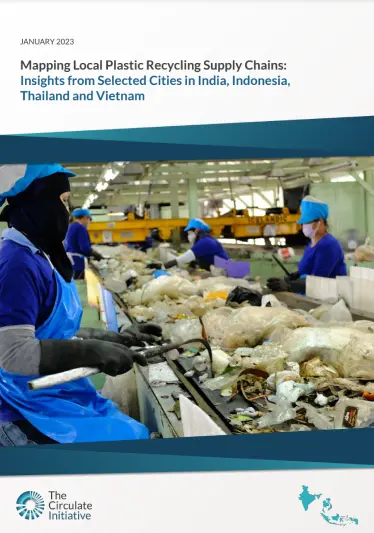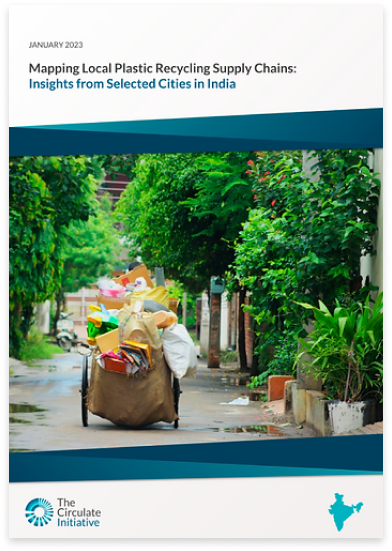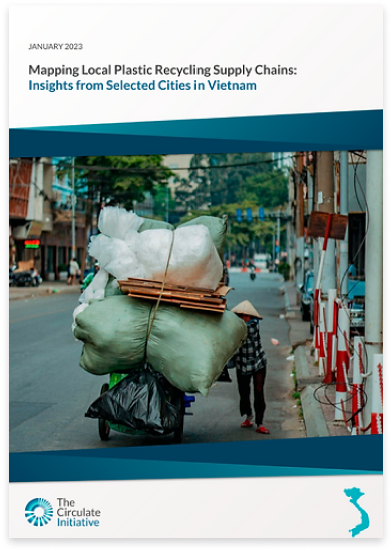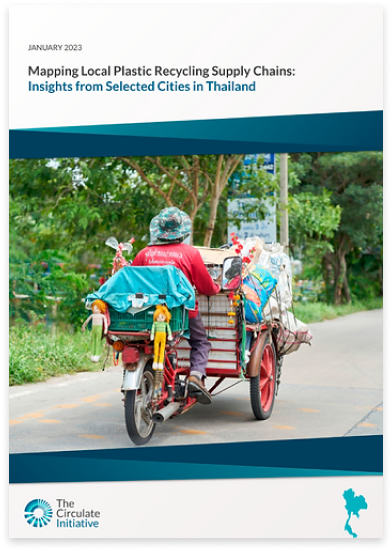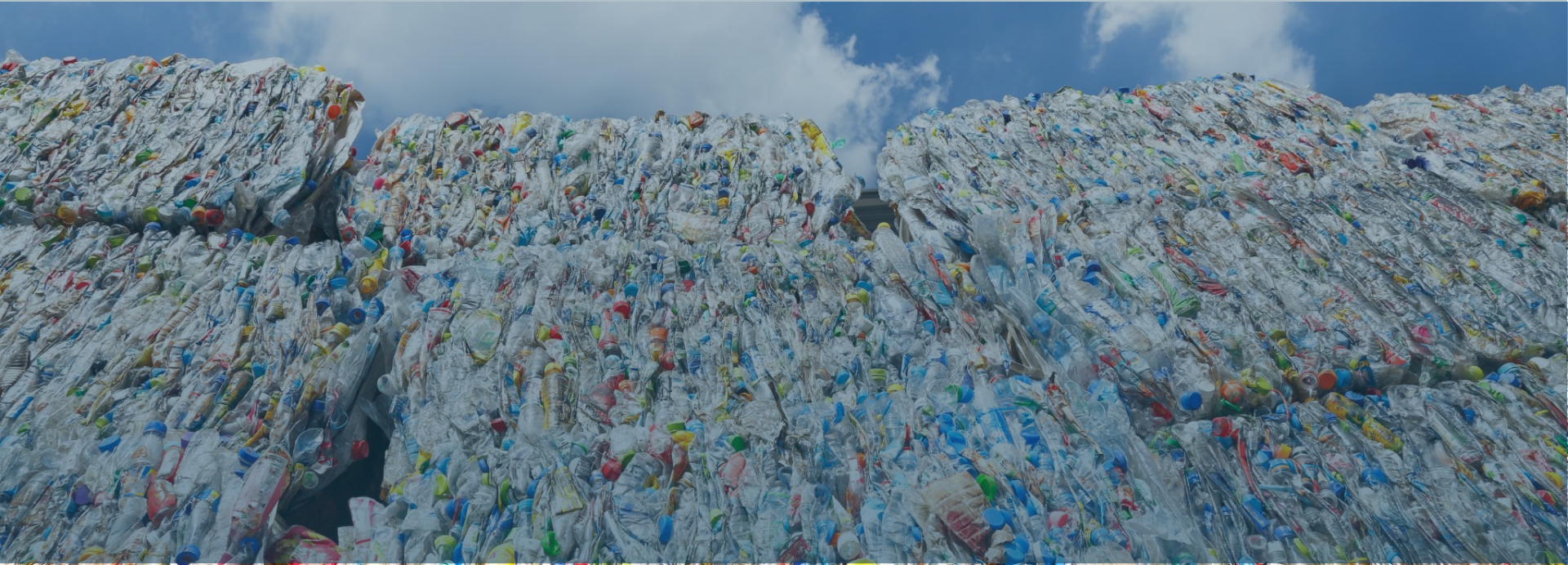

Mapping Local Plastic Recycling Supply Chains: Insights from Selected Cities in Indonesia
Indonesia has a dynamic network of collection and potential sorting sites through the Bank Sampah (Waste Banks) and TPS3R sites (material recovery facilities), including in the reviewed wastesheds of Greater Jakarta, Makassar, and Surabaya. These sites have great potential for diversion of plastic waste towards recycling. However, despite the extensive network of collection and potential sorting sites, not all are operational and optimized to support recovery and recycling of plastics, with a key issue being insufficient funding.
This report further details the findings from the wasteshed assessments in Indonesia, offering insights into how the local plastic waste recycling supply chains typically operate and areas for intervention.
Key takeaways from this report include:
- Greater Jakarta is home to several private sector initiatives to improve recycling and waste management, but further scale is needed to bridge the gap between capacity and traced recycled tonnage as the Bantar Gebang landfill runs out of space.
- Makassar and Surabaya have implemented digital systems to provide a more transparent and accountable Waste Bank system, but recycling rates remain low and most plastics end up in landfills.
- To improve collection from households, initiatives such as formalized door-to-door collection systems for recyclables and interventions to encourage the use of Waste Banks are needed to spur households’ participation in recycling.
- Enhanced funding to scale recycling and recovery capabilities of local facilities is critical, along with formalizing employment, as well as ensuring fair pay and improved working conditions.
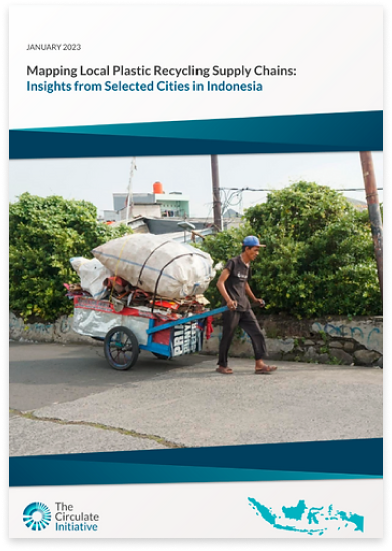
Read Report
*By clicking the "Download" button, you are agreeing to The Circulate Initiative’s Terms of Use and Privacy Policy.
